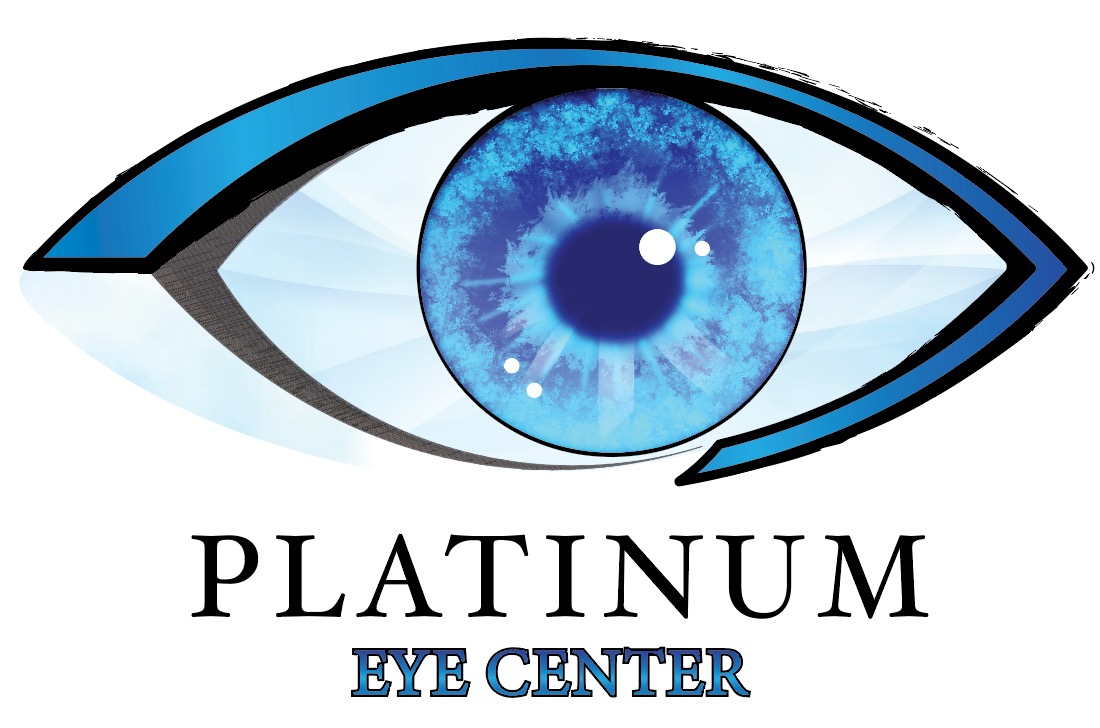Welcome to the Ocular Disease Management Services


Understanding Ocular Diseases
Explore the various ocular diseases that can impact your vision and eye health. From common conditions to more complex issues, our experts are here to provide comprehensive care tailored to your needs.
Glaucoma Management
Glaucoma requires careful management to prevent vision loss. Our glaucoma specialists utilize advanced diagnostic tools to assess eye pressure, optic nerve health, and visual field changes. Personalized treatment plans may include prescription eye drops, laser therapy, or surgical interventions.
What is Glaucoma ?
Glaucoma is a group of eye conditions that damage the optic nerve, often due to increased intraocular pressure (IOP). It is a leading cause of irreversible blindness.
Causes
- Increased Eye Pressure: Elevated IOP is a primary risk factor
- Age: The risk of glaucoma increases with age
- Family History: A family history of glaucoma can elevate the risk
- Ethnicity: Certain ethnic groups, such as African Americans, are more susceptible
Symptoms
- In the early stages, glaucoma may be asymptomatic
- As it progresses, symptoms may include peripheral vision loss, tunnel vision, and, in advanced stages, central vision loss
Types of Glaucoma
- Open-Angle Glaucoma: The most common type, often asymptomatic until later stages
- Angle-Closure Glaucoma: A sudden increase in eye pressure, leading to a medical emergency
- Normal-Tension Glaucoma: Damage to the optic nerve despite normal eye pressure
Management & Prevention
- Prescription Eye Drops: Medications to reduce eye pressure
- Laser Therapy: Procedures like laser trabeculoplasty to improve drainage
- Surgery: In cases where medications and laser therapy are insufficient, surgical interventions may be recommended
- Regular eye exams to monitor eye pressure and optic nerve health.
- Knowing your family history and informing your eye care professional
- Early detection and management are crucial for preserving vision
What is Cataracts ?
Cataracts refer to the clouding of the natural lens in the eye, leading to a gradual loss of vision. This condition is often age-related but can also result from injury, certain medications, or systemic diseases.
Causes
- Age: The primary cause is aging, leading to changes in the proteins within the lens
- Trauma: Injuries to the eye can contribute to the development of cataracts
- Genetics: Some people may be genetically predisposed to cataracts
- Medical Conditions: Diabetes and other systemic diseases can increase the risk
Symptoms
- Blurred or cloudy vision
- Difficulty seeing in low light
- Sensitivity to glare, especially at night
- Colors appearing faded
- Frequent changes in prescription glasses
Management
- Surgical Intervention: Cataract surgery is a common and highly successful procedure. It involves replacing the clouded lens with an artificial intraocular lens (IOL)
- Regular Monitoring: In the early stages, vision changes may be addressed with changes in prescription glasses. However, surgery is often recommended as cataracts progress
Prevention
- Protect your eyes from UV radiation
- Manage systemic conditions like diabetes
- Quit smoking, as it is a risk factor for cataract development
Cataract Evaluation and Management
Cataracts can affect your vision over time. Our team conducts thorough cataract evaluations to assess the extent of clouding in the lens. When necessary, we provide expert guidance on cataract management, including surgical intervention and post-operative care.
State-of-the-Art Diagnostic Technology
Benefit from our state-of-the-art diagnostic technology, ensuring precise and early detection of ocular diseases. Advanced tools aid in developing accurate treatment plans for conditions like glaucoma and cataracts
Importance of Regular Eye Exams
Regular eye exams play a crucial role in early detection and management of ocular diseases. Learn about the recommended frequency of eye exams and why they are essential for maintaining optimal eye health
Personalized Treatment Plans
Every patient is unique, and so are their ocular health needs. Our specialists create personalized treatment plans, considering factors such as medical history, lifestyle, and the severity of the ocular disease
Collaborative Care Approach
Experience our collaborative care approach, where our team works closely with other healthcare professionals, including ophthalmologists and surgeons, to ensure comprehensive and coordinated care for complex ocular conditions

